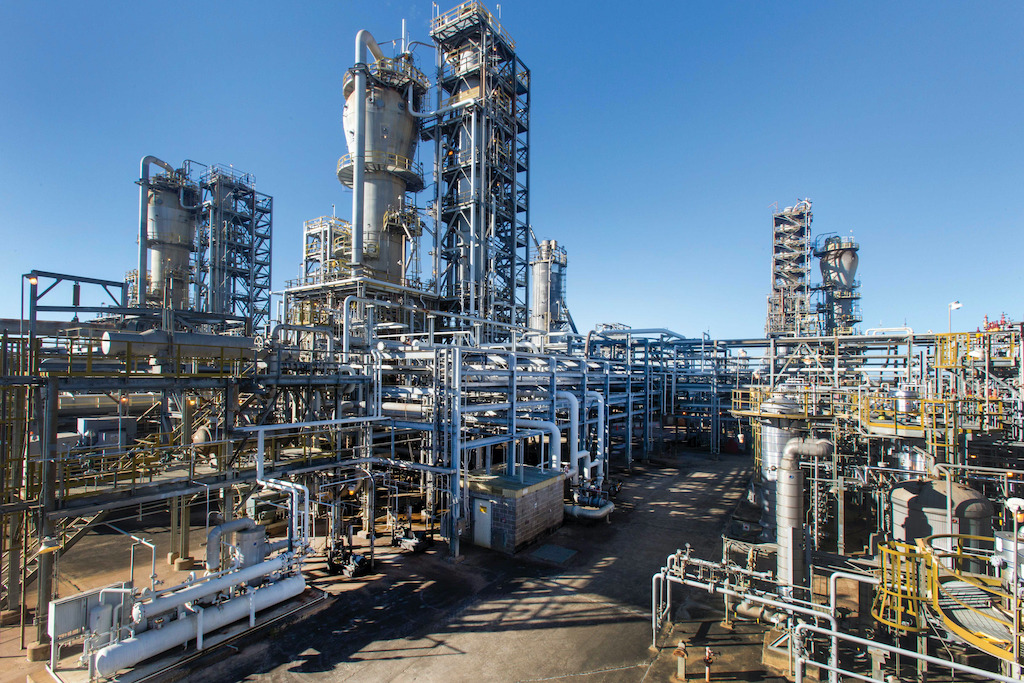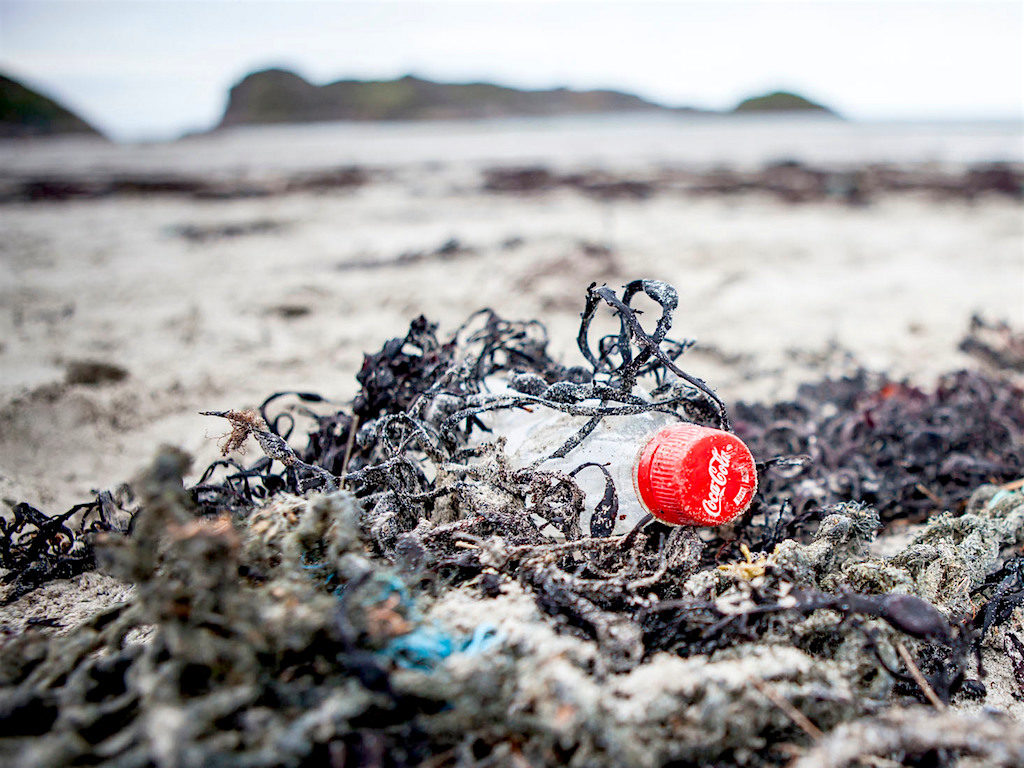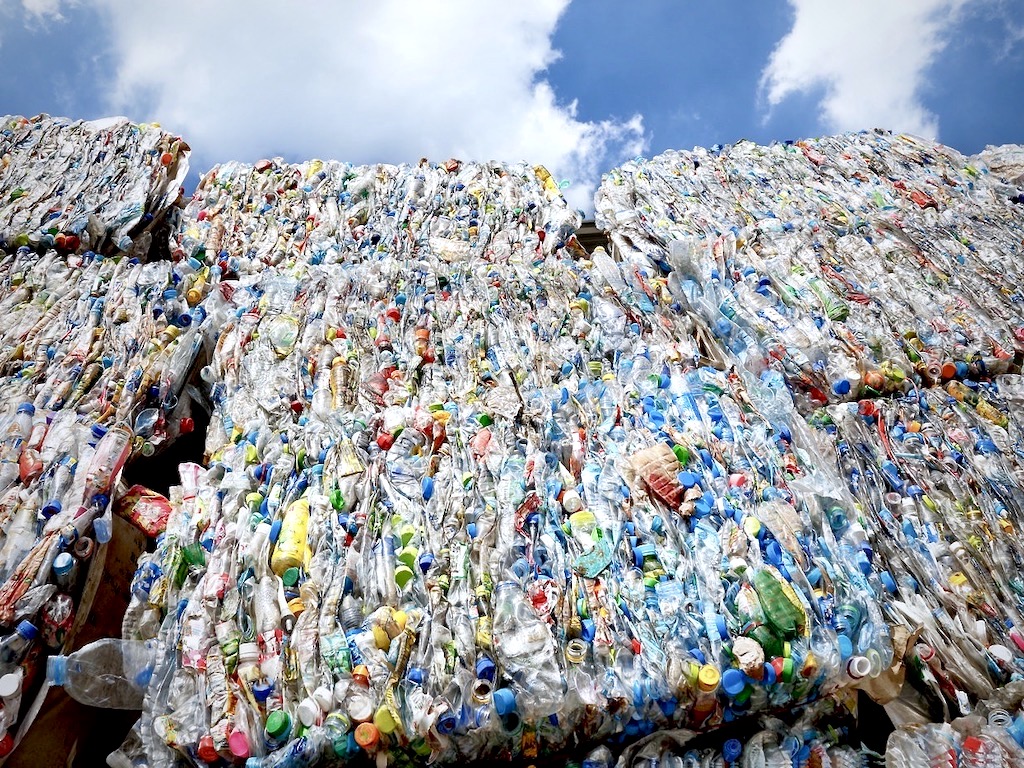4 Mins Read
Just twenty companies are behind over half of all single-use plastics that end up as waste in the environment and oceans, a new report has revealed. Made almost exclusively from fossil fuels, drink brands are often blamed for the deluge of throwaway plastics, but researchers are now exposing the small group of petrochemical businesses – backed by financial firms – as the source of the plastic pollution crisis.
Only twenty companies are the primary source of more than half of the world’s single-use plastic pollution, a new Plastic Waste Makers Index has revealed. The index, published by the Minderoo Foundation in collaboration with experts from the London School of Economics (LSE) and Stockholm Environment Institute (SEI), examined the “source and true scale” of the plastic pollution crisis, as well as the top banks and financial firms who are enabling plastic waste generation.
According to the index, just 100 companies are driving as much as 90% of global disposable plastic production. By country, Australia and the U.S. produce the greatest amounts of single-use plastic waste per head of pollution at more than 50 kilograms a year, while the figure is as low as 4 kilograms a year for India.
Their analysis revealed that the most polluting businesses were dominated by petrochemical companies, with ExxonMobil topping the list, contributing 5.9 million tonnes to global plastic waste. U.S. firm Dow and Chinese oil and gas giant Sinopec closely followed, despite the common perception that brands such as Coca-Cola and PepsiCo are the most to blame.
Petrochemical firms are described as the “real source” of plastic waste in the report, as they manufacture the very polymers or building blocks for plastic production.

This is the first-time the financial and material flows of single-use plastic production have been mapped globally and traced back to their source.
Toby Gardner, Senior Research Fellow, SEI
“Our reliance on oil and gas is not only fuelling climate change, but as the primary material used in the production of throwaway plastics is also devastating our oceans,” explained Sam Fankhauser, professor of climate change economics and policy at Oxford University and former director of the Grantham Research Institute on Climate Change and the Environment at the LSE.
Researchers further identified the group of financial institutions who are funding the crisis, with nearly 60% of the commercial funding traced back to just twenty global banks. Since 2011, a total of US$30 billion of loans from names like Barclays, HSBC and Bank of America have flowed into the plastic production industry.
Twenty asset management companies were also exposed, among them Vanguard Group, BlackRock and Capital Group, who together hold over US$300 billion worth of shares in the parent companies of single-use plastic polymer producers. Of that amount, the report revealed that US$10 billion can be directly linked to the production of disposable throwaway plastics.
“This is the first-time the financial and material flows of single-use plastic production have been mapped globally and traced back to their source,” said Toby Gardner, senior research fellow at the SEI.
Minderoo Foundation says that the report additionally “lays bare the scale of inaction” by these small but powerful group of plastic producers who are driving the majority of the world’s plastic waste. Over the next five years, it is estimated that global throwaway plastic production will increase by 30%, leading to an extra three trillion items being littered by 2025.

Global efforts will not be enough to reverse this crisis unless government, business and financial leaders act in our children’s and grandchildren’s interests.
Dr. Andrew Forrest, Chairman & Co-Founder, Minderoo Foundation
Last year, a study found that even in a “best-case scenario” where plastic consumption is reduced by 80%, there will still be 710 million tonnes of plastic left polluting our planet.
Researchers are now calling on the “source” – the petrochemicals companies – to disclose their enormous plastic waste footprint and make bolder commitments to transition towards circular models of plastic manufacturing, while banks and investors must end their support for fossil fuel-based virgin plastic production.
“Revealing the sheer scale of the global crisis we have on our hands, it is critical we break the pattern of inaction. You can’t manage what you can’t measure,” said Gardner. “It is so important the small group of companies and banks that dominate global production of throwaway plastics begin to disclose their own data.”
“Global efforts will not be enough to reverse this crisis unless government, business and financial leaders act in our children’s and grandchildren’s interests,” added Dr. Andrew Forrest, chairman and co-founder of the Minderoo Foundation.
“This means: stop making new plastic and start using recycled plastic waste, it means re-allocate capital from virgin producers to those using recycled materials, and importantly, it means redesign plastic so it does no harm and is compostable.”
“And we must act now,” continued Dr. Forrest. “Because while we bicker, the oceans are getting trashed with plastic and the environment is getting destroyed by global warming.”
Lead image courtesy of Shutterstock.




